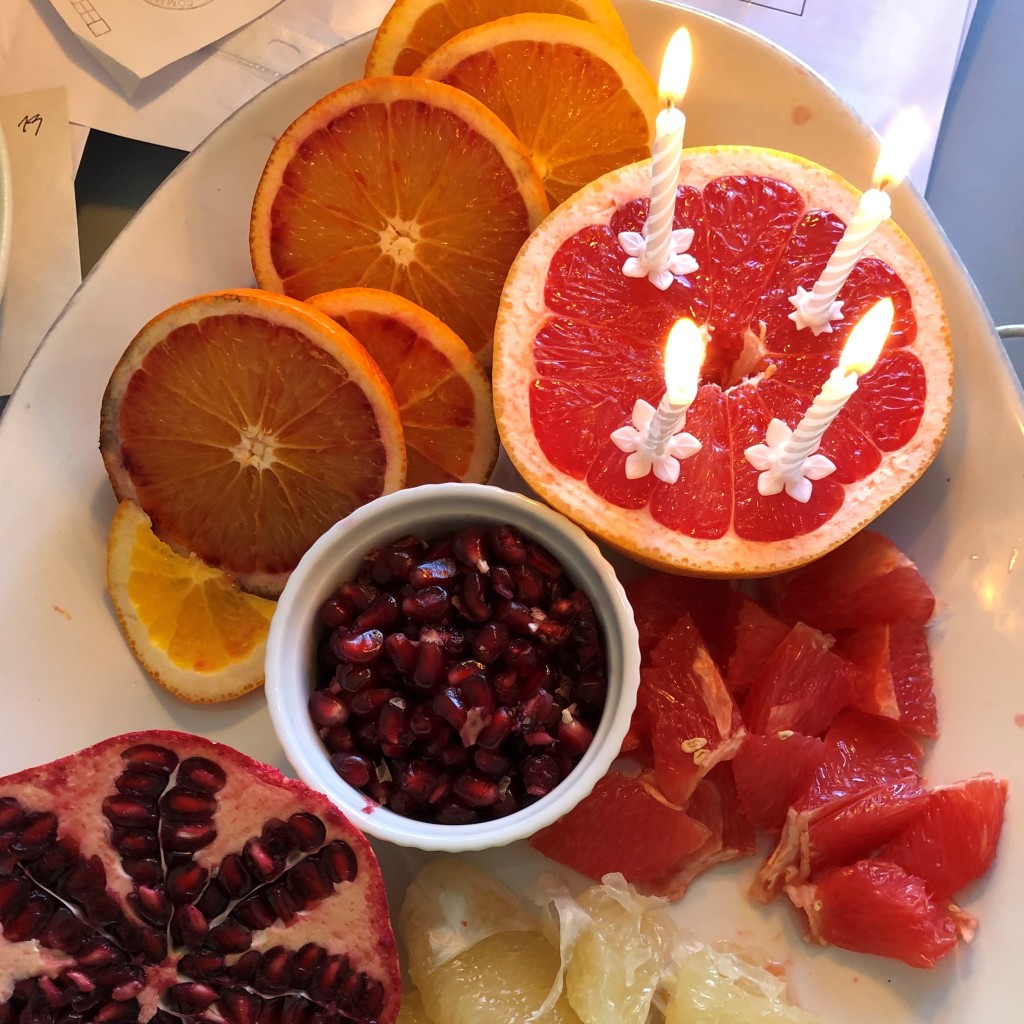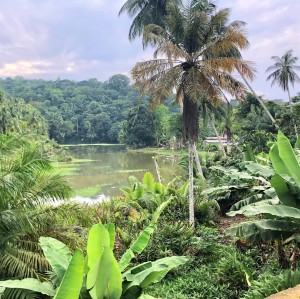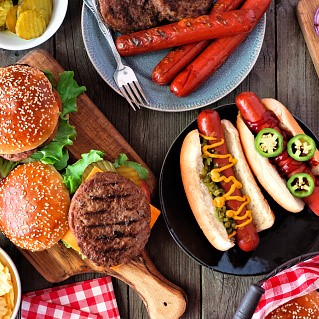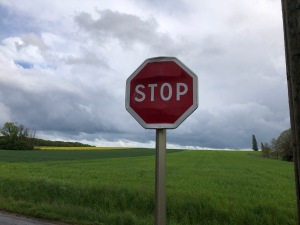I am just like so many others concerned about our immediate environment and I may even be motivated to participate in a ‘save the planet initiative’, but this is most often easier said than done.
We are working, we are busy, we have commitments and most importantly we have habits and traditions regarding how to consume, behave and how to eat. These values and habits have been transmitted through generations in all areas of life, but particularly in the food-world:
Having a turkey for our Christmas celebration is a culinary tradition, just as having a cake for our birthdays. I would even say that a birthday without a cake is like a summer without the sun!



Traditions and Habits
Nowadays we are getting flooded with confrontational news, arguing that the production of certain food groups is more harmful to the environment than others. We now must make a decision about how we deal with this information – do we address it head on and take action, or bury our heads in the sand and ignore it?
At the beginning we might often listen to the compelling facts, but we are quickly able to find counter arguments to these and go back to our well-established traditions. We might even trivialize these facts because they do not seem to impact upon us personally:
the Amazon rainforest is far, far away and it seems un-imaginable that eating just one more hamburger could contribute to the further destruction of this huge South American forest.

————— ? ————–

Frustration and Motivation
There are endless reasons why we struggle to spontaneously change our behavior, and these are often tied up in layers of frustrations.
- We may feel motivated to change the world, but we feel powerless in view of the complexity of global warming and the ongoing climate crises.
- We may be worried about the impact of our industrialized food on our own health, and the health of our loved ones, but we struggle to find affordable and healthy solutions.
- We may feel uneasy about harming animals to feed ourselves, but equally we may still question whether plant-based proteins can really replace animal-based proteins.
- Many parents and educators may be overwhelmed in view of our children’s futures and the environmental problems they will face, but have no experience in including ‘environmental problem solving’ in their teaching.
Yes, change often sounds refreshing in the beginning, but change is tiring and uncomfortable in the end, for all of us! It needs constant motivation, organizational skills, and effort, but IF you have the motivation, you may start to ask who, how and where you can start the changing process.

First Steps Towards Change
We may wonder who is responsible for finding a solution to this global, complex and ongoing climat crisis: Is it ‘them’, ‘me or is it ‘us’?
‘THEM’ is our society implementing solutions through an intricate system. We hope that our respective governments and different associations will initiate, manage, and solve this crisis. We even expect our governments to work together with others because the problems of one country do not stop at their own borders – they impact most often on their neighbors as well. Yes, government-led change is happening, but only at a slow and irregular pace because the politics and intentions of governments change constantly.
We also have to admit that we cannot expect solutions only to be generated from others in a top-down manner, because some problems start in our own back yard, and it is not solely up to ‘them’ to solve it.
‘ME’ is each and every one of us. Ordinary citizens of this world who are ready to scale the ecological crisis down to a local problem and create and implement small initiatives, which will contribute to the ecological transition.
‘US’, is a growing community of like-minded people. We can’t fix the global climate crisis with a silver bullet – but collectively we can change the way we think and act about it. Instead of letting this be overwhelming, we can reach out to others and have an exchange about local, constructive, step-by-step solutions. The support and the energy of such a community is powerful, fun, and can help to keep up our own motivation!
What we have in common
YOU, my dear reader, may be somebody who is interested in the ecological transition and especially in sustainable food.
- somebody who loves nature and wants to keep our biodiversity in balance.
- somebody who is ready to learn and change her or his behavior.
- somebody who is actively involved in the education of their kids, the future generation of leaders in charge of our planet.
I am somebody who has been interested in ‘green ideas’ for a long time, in all kinds of areas: in green architecture, renewable energy and in perma-culture. Reading and informing myself about these subjects has been good enough for a long time, but little by little I started to take initiatives and begun to add more and more ‘sustainable habits’ to my daily habits and it feels good.
Then I realized that I could do and contribute more and started ‘little big food steps’ Home Page which is there for all of us! Please send me your receipes (as said before), thoughts and interesting facts which help all of us to change and evolve.